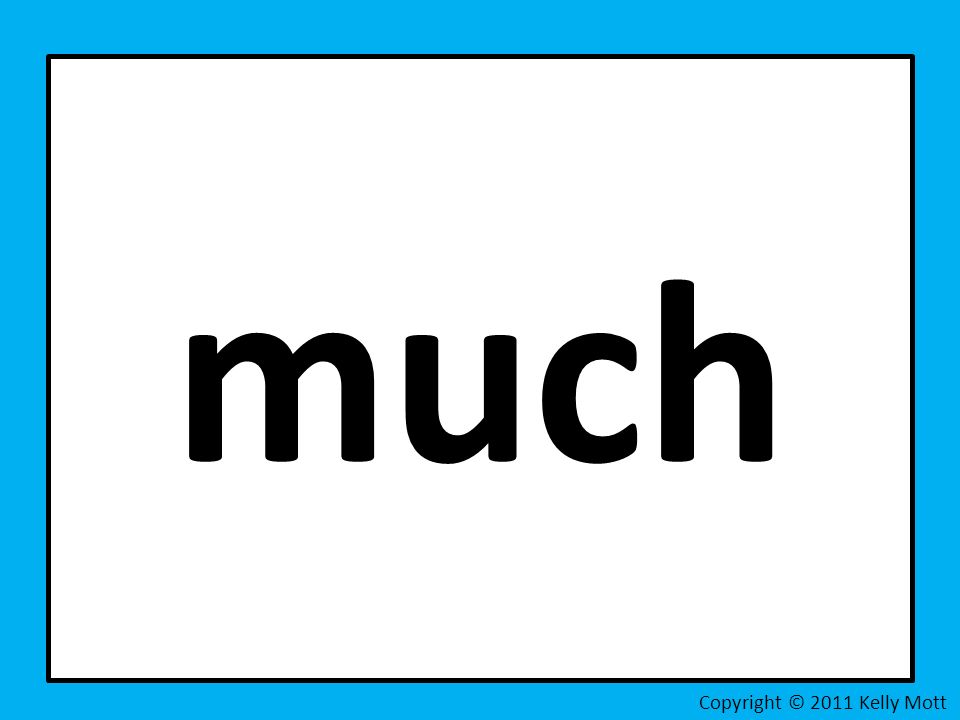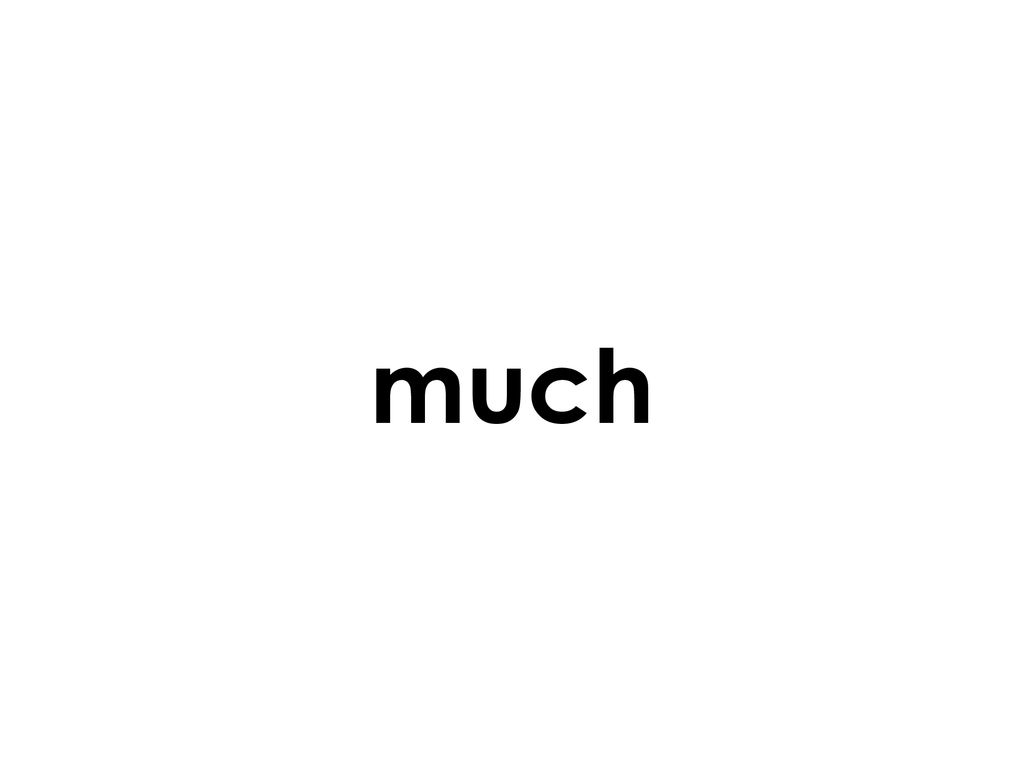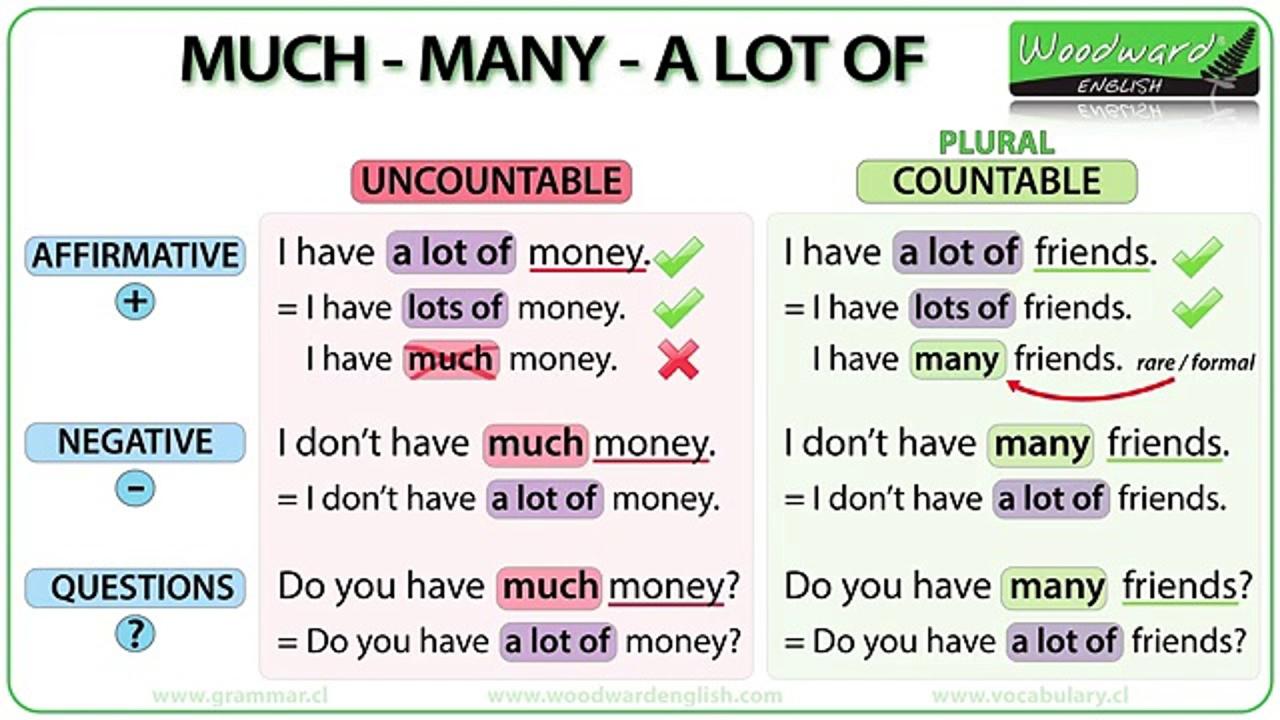Epoxy Garage Floor Cost Factors

Epoxy garage floor coatings offer a durable and aesthetically pleasing solution for transforming your garage. However, the final cost is influenced by a multitude of factors. Understanding these factors allows you to make an informed decision regarding your project.
Material Costs
Epoxy materials are a significant component of the overall cost. Different epoxy types and their associated additives influence the price. Self-leveling epoxy, designed to smooth out uneven surfaces, typically carries a higher price point than basic two-part epoxy. Pigmented epoxies, offering various colors and aesthetics, also tend to be more expensive than clear varieties. Consider the amount of material needed to cover your 2-car garage; larger garages will naturally require more epoxy, impacting the total cost. Additionally, the quality of the epoxy material directly correlates with its longevity and durability.
Labor Rates
Professional epoxy application requires skilled labor. Labor rates vary based on several factors, including geographic location, experience level of the installer, and complexity of the project. For example, labor costs in major metropolitan areas tend to be higher than in rural areas. Preparing the existing garage floor for epoxy application (a crucial step for proper adhesion and longevity) also adds to the labor costs.
Surface Preparation
Thorough surface preparation is paramount for a successful epoxy coating. This includes cleaning, patching, and repairing any existing damage or imperfections. The extent of preparation directly impacts the cost; a heavily damaged floor will require more extensive and time-consuming preparation, increasing the overall labor costs. The condition of the existing floor, including the presence of old paint, grease, or other contaminants, also affects the preparation time and the amount of materials required.
Additional Supplies
Besides epoxy materials, additional supplies like primers, sealants, and safety equipment contribute to the overall cost. The type of primer used significantly impacts the adhesion of the epoxy to the existing floor, and the quality of the sealant impacts the longevity of the final coating.
DIY vs. Professional Installation
The choice between DIY epoxy application and hiring a professional impacts the final cost. DIY epoxy application can save money on labor costs, but it demands significant time investment, expertise, and careful planning. A DIY approach may also lead to issues with surface preparation, potentially compromising the quality of the final coating. Conversely, professional installation guarantees a high-quality, long-lasting epoxy floor, but the added labor costs must be factored into the budget.
Epoxy Types and Price Ranges
Various epoxy types are available, each with different properties and price ranges. Self-leveling epoxy is designed to fill minor imperfections, typically costing more than basic two-part epoxy. Pigmented epoxies, offering a range of colors and finishes, are also more expensive than clear epoxies. The type of epoxy chosen should align with your specific needs and budget.
Cost Comparison Table (Illustrative):
| Factor | US (Average) | Europe (Average) |
|---|---|---|
| Epoxy Materials (2-car garage) | $300 – $500 | €300 – €600 |
| Labor (Professional Installation) | $500 – $1500 | €500 – €1500 |
| Surface Preparation | $200 – $500 | €200 – €500 |
Surface Preparation Costs
Proper surface preparation is crucial for a successful epoxy garage floor application. A poorly prepared surface can lead to unevenness, bubbling, and premature failure of the epoxy coating, ultimately requiring costly repairs. Thorough preparation ensures a strong, durable, and aesthetically pleasing finish that will last for years.
Surface preparation involves more than just a quick clean. It encompasses a range of steps, from removing loose debris and contaminants to patching cracks and imperfections in the concrete. Each step plays a vital role in achieving a smooth, consistent surface for the epoxy to adhere to, significantly impacting the overall cost of the project. The quality of the preparation directly affects the longevity and performance of the epoxy floor.
Importance of Surface Preparation
A properly prepared concrete surface is essential for a successful epoxy coating. It allows the epoxy to adhere firmly, preventing issues like peeling, cracking, and premature failure. This meticulous process ensures a durable and aesthetically pleasing floor that resists wear and tear over time.
Methods of Surface Preparation and Costs
Several methods are employed during surface preparation, each with varying degrees of complexity and cost. Grinding, patching, and thorough cleaning are essential steps.
- Grinding: Grinding smooths out uneven surfaces and removes imperfections in the concrete. The extent of grinding required depends on the existing condition of the concrete. Costs vary based on the type and size of the grinder, the amount of concrete needing to be ground, and the labor hours involved. For example, a garage floor with significant pitting or unevenness might necessitate more extensive grinding, increasing the cost compared to a relatively smooth concrete surface.
- Patching: Patching repairs cracks, holes, and other imperfections in the concrete. This process involves applying a patching compound to the affected area, allowing it to cure before the next steps in the preparation process. The cost of patching depends on the size and depth of the cracks or holes, the type of patching compound used, and the labor involved. For instance, patching a large crack or pothole will incur a higher cost than patching a small hairline crack.
- Cleaning: Thorough cleaning is essential to remove all loose debris, dirt, dust, oil, and other contaminants from the concrete surface. This process ensures a clean surface for the epoxy to adhere to. Cleaning costs vary based on the extent of contamination and the equipment used, including specialized cleaning solutions and pressure washing. For instance, a garage floor heavily soiled with oil or grease may require specialized cleaning solutions and more extensive cleaning time, driving up the cost compared to a floor that is only slightly dirty.
Cost of Surface Preparation Materials
The cost of surface preparation materials can vary significantly depending on the type and quantity required. Concrete patching compounds, primers, and other materials contribute to the overall cost.
- Concrete Patching Compounds: Different types of patching compounds are available, each with varying costs. The choice of compound depends on the size and depth of the imperfection being repaired. For instance, a simple crack repair might use a different compound than a larger pothole repair.
- Primers: Primers are crucial for ensuring proper adhesion of the epoxy coating. Different primers are designed for various concrete conditions, and the cost can vary depending on the type and the required amount.
Surface Preparation Steps, Time, and Cost Estimates
The following table provides a general Artikel of the surface preparation steps, their estimated time, and associated costs. These estimates are approximations and can vary based on the specific conditions of the garage floor.
| Step | Estimated Time (Hours) | Estimated Cost ($) |
|---|---|---|
| Cleaning | 2-4 | $100-$300 |
| Grinding (if needed) | 4-8 | $200-$800 |
| Patching (if needed) | 2-6 | $50-$200 |
| Primer application | 2-4 | $100-$300 |
| Drying Time | Variable (depending on conditions) | Included in labor costs |
Labor Costs and Professional Epoxy Application: How Much Does It Cost To Epoxy 2 Car Garage
Professional epoxy application for a two-car garage floor involves more than just pouring the material. Skilled labor is crucial for achieving a smooth, durable, and aesthetically pleasing finish. The process typically includes meticulous surface preparation, precise application techniques, and proper curing time management.
A significant portion of the total epoxy garage floor cost is attributable to labor. Factors such as the contractor’s experience, the complexity of the project, and local market rates all play a role in determining the final price tag. Understanding these factors will provide a more realistic estimate for your project.
Average Labor Costs for Epoxy Application, How much does it cost to epoxy 2 car garage
Estimating labor costs for epoxy application hinges on several variables. Average costs for a two-car garage project in the United States typically fall within a range of $2,000 to $5,000, although this can fluctuate significantly. Lower-end estimates often reflect simpler projects with straightforward preparation. More complex projects, such as those requiring extensive demolition, repairs, or specialized techniques, will naturally command a higher price.
Factors Influencing Labor Costs
Several key factors influence the cost of epoxy garage floor installation:
- Experience Level of the Contractor: Experienced epoxy installers often command higher hourly rates due to their proficiency in handling various application techniques and their ability to efficiently complete projects with a higher quality standard. Their experience also translates to a lower risk of errors and rework, reducing project time and cost in the long run.
- Location: Labor costs vary significantly across different regions. Areas with a higher cost of living, such as major metropolitan areas, tend to have higher hourly rates for epoxy installers. This is a reflection of the overall economic conditions of the specific region.
- Project Size and Complexity: A larger two-car garage with intricate designs, or one requiring extensive surface preparation or repairs, will necessitate more labor hours than a smaller, simpler project. This directly correlates to the overall cost of the project.
- Materials and Equipment: The use of specialized equipment or the need to purchase high-quality materials for the epoxy application can add to the total labor cost, as the installers will need time to use and manage these specialized resources.
Hourly Rates of Epoxy Installers in Different Regions
A comparison of average hourly rates for epoxy installers demonstrates the regional variability in labor costs.
| Region | Approximate Hourly Rate (USD) |
|---|---|
| United States (Average) | $50-$150 |
| Western Europe (Average) | €50-€150 |
| Southeast Asia (Average) | $20-$80 |
Note: These are general ranges and can vary based on the specific skills and experience of the installer.
Calculating Total Labor Costs
To estimate the total labor cost for your epoxy garage floor project, you need to consider the estimated hours required for the work. A simple formula is:
Total Labor Cost = Hourly Rate × Estimated Hours
For example, if a contractor estimates a 2-car garage epoxy project will take 40 hours at an hourly rate of $75, the total labor cost would be $3,000. This calculation is a starting point and may vary depending on the specifics of the project.
Material Costs and Epoxy Types

Choosing the right epoxy type for your garage floor significantly impacts the overall project cost and long-term durability. Understanding the various epoxy types and their associated costs is crucial for making an informed decision. Factors like the desired level of resilience, traffic patterns, and budget play a vital role in this selection process.
Epoxy systems for garage floors come in a range of formulations, each offering varying degrees of performance and price. This section details the different types of epoxy, their typical costs, and the influence of these factors on the total material expense for a two-car garage.
Epoxy Types and Average Costs per Square Foot
Different epoxy systems cater to different needs. Some are better suited for high-traffic areas, while others excel in aesthetics. The cost per square foot can vary widely based on the type of epoxy chosen.
- Standard Epoxy: This is a common choice for garages, offering a good balance of durability and cost-effectiveness. The average cost per square foot ranges from $3 to $5.
- High-Traffic Epoxy: Designed for garages with heavy foot traffic or vehicles, this type is more resistant to wear and tear. Costs typically fall between $5 and $7 per square foot.
- High-Performance Epoxy: This option provides exceptional durability and chemical resistance, often used in industrial settings. Expect costs to be in the range of $7 to $10 per square foot.
- Colored Epoxy: For enhanced aesthetics, colored epoxy systems can be incorporated. The cost usually adds a small premium to the base epoxy type, ranging from $1 to $2 per square foot.
Epoxy Material Costs for a 2-Car Garage
The total material cost for a 2-car garage depends on the chosen epoxy type and the garage’s square footage. This table provides a general estimation of material costs for different epoxy systems, assuming a typical 2-car garage size.
| Epoxy Type | Resin (per sq ft) | Hardener (per sq ft) | Primer (per sq ft) | Total (per sq ft) |
|---|---|---|---|---|
| Standard | $1.50 – $2.50 | $1.00 – $1.50 | $0.50 – $1.00 | $3.00 – $5.00 |
| High-Traffic | $2.00 – $3.00 | $1.50 – $2.00 | $0.75 – $1.25 | $4.25 – $6.25 |
| High-Performance | $2.50 – $4.00 | $2.00 – $2.50 | $1.00 – $1.50 | $5.50 – $8.00 |
Note: Prices are estimates and can vary based on supplier, quantity purchased, and specific product formulation.
Durability and Longevity Comparison
The durability and longevity of epoxy systems are directly correlated with the type of epoxy used. Standard epoxy is suitable for general use, while high-performance epoxy provides exceptional resistance to impacts and chemicals.
High-performance epoxy systems are typically more expensive but offer superior durability and longevity, which often outweigh the higher initial cost.
Calculating Total Material Cost
To determine the total material cost for your 2-car garage, multiply the epoxy cost per square foot by the total square footage of the garage floor.
Total Material Cost = Epoxy Cost per sq ft × Total Square Footage
For example, if your 2-car garage is 300 square feet and you choose high-traffic epoxy costing $6 per square foot, the total material cost would be $1,800.
Project Size and Square Footage Impact

The size of your two-car garage significantly impacts the overall epoxy coating cost. Larger garages require more materials and labor, naturally leading to a higher price tag. Understanding the square footage is crucial for accurate estimations.
Calculating the precise square footage of your garage is a fundamental step in determining the total cost. This calculation involves measuring the length and width of the entire garage area. The total square footage is obtained by multiplying these two dimensions together. For example, a garage measuring 20 feet in length and 20 feet in width has a total area of 400 square feet.
Calculating Garage Square Footage
To accurately determine the cost, the square footage of the entire garage area needing epoxy application must be calculated. This includes any sections requiring epoxy coating. The calculation process is straightforward. Measure the length and width of the garage in feet. Multiply these two dimensions together to obtain the total square footage.
Area (square footage) = Length (feet) x Width (feet)
Examples of Garage Sizes and Estimated Epoxy Costs
Different two-car garage sizes will naturally have varying epoxy coating costs. A smaller garage will generally require less material and labor, leading to a lower overall cost. Conversely, a larger garage will demand more resources, resulting in a higher price. The examples below demonstrate the correlation between size and cost.
- A 200 square foot garage might cost approximately $1,500-$2,500 for epoxy application, depending on the complexity of the project and material choices.
- A 400 square foot garage might cost approximately $3,000-$5,000 for epoxy application.
- A 600 square foot garage might cost approximately $4,500-$7,500 for epoxy application.
These are just estimated figures, and actual costs can vary depending on factors like the complexity of the project, material choices, and labor rates in your region.
Estimated Epoxy Application Costs for Varying Garage Sizes
The table below presents estimated epoxy application costs for two-car garages of different sizes. These costs are approximate and can vary based on specific factors.
| Garage Size (sq ft) | Estimated Epoxy Cost (USD) |
|---|---|
| 200 | $1,500 – $2,500 |
| 300 | $2,250 – $3,750 |
| 400 | $3,000 – $5,000 |
| 500 | $3,750 – $6,250 |
| 600 | $4,500 – $7,500 |
Additional Costs (Optional Extras)

Beyond the core epoxy application, several optional extras can significantly impact the final cost of your 2-car garage project. These extras often enhance the aesthetic appeal, durability, or functionality of the finished floor. Careful consideration of these choices is crucial for budgeting accurately.
Specialized Tools and Equipment Rental
Some epoxy application methods require specialized tools or equipment that may not be readily available. For instance, specialized sprayers or mixers might be necessary for achieving a smooth finish or ensuring proper material consistency. Rental costs for these items should be factored into the overall budget. Renting such equipment could add a considerable amount to the project budget, particularly if the equipment is needed for an extended period. For example, a high-pressure sprayer, essential for certain epoxy types, can easily add $50-$150 per day to the project’s overall cost.
Permits and Inspections
Depending on local building codes and regulations, permits might be required for epoxy garage floor installations, particularly if the project involves structural modifications or significant changes to the existing garage floor. The associated permit fees can vary considerably based on the specific municipality and the scope of the project. The cost of permits can be substantial, potentially adding hundreds of dollars to the total project budget. These fees cover the inspection process, ensuring compliance with local regulations and safety standards.
Decorative Finishes and Specialized Coatings
Enhancements such as decorative aggregate, metallic flakes, or colored epoxy can significantly alter the appearance and add to the overall cost. These options typically involve additional material costs and potential labor time for application. For example, adding a decorative aggregate to the epoxy floor can increase the material cost by 15-25%, while the installation may require extra labor hours, potentially impacting the total labor cost. The final cost will depend on the chosen decorative elements and the complexity of their application.
Calculating Additional Costs
To determine the total cost of additional items, meticulously record all rental fees, permit costs, and material expenses associated with the chosen decorative finishes or specialized coatings. Sum these figures with the epoxy application cost to derive the overall project budget. For instance, if rental equipment costs $100, permit fees are $150, and decorative aggregate adds $200, the total additional cost would be $450. This total must be added to the base epoxy application cost to arrive at the overall project budget.
Summary of Additional Costs
| Additional Cost Category | Potential Impact on Budget |
|---|---|
| Specialized Tools/Equipment Rental | $50-$150+ per day, depending on equipment and rental duration |
| Permits and Inspections | Hundreds of dollars, varying by municipality and project scope |
| Decorative Finishes/Coatings | 15-25% increase in material cost, potential additional labor hours |
DIY Epoxy Application Cost Estimations

Embarking on a DIY epoxy garage floor project can save money, but careful planning and accurate estimations are crucial. Understanding the material costs, time commitment, and potential risks is vital for a successful and safe project. This section delves into the specifics of DIY epoxy application, providing a clear picture of the associated expenses and considerations.
DIY Epoxy Application Materials and Costs
Material costs are a significant component of a DIY epoxy project. The type of epoxy resin and hardener, along with the necessary primers and other related products, vary in cost. A typical 2-car garage floor will require multiple gallons of epoxy, depending on the coverage area. Epoxy kits often come in various sizes, offering different price points. Consider the size of your project and choose the appropriate quantities to minimize waste and maximize cost-effectiveness.
- Epoxy Resin and Hardener: Costs can range from $30 to $100 per gallon, depending on the brand and type (e.g., self-leveling or pigmented). A 2-car garage might require 2-4 gallons, assuming a standard thickness.
- Primer: A quality primer is essential for a strong bond and even coverage. Costs can range from $15 to $50 per gallon, depending on the product.
- Mixing Tools: Stirrers, measuring cups, and other tools are necessary for accurate mixing and application. Costs for a basic set can range from $20 to $50.
- Application Tools: Rollers, brushes, and other application tools can range in price from $20 to $100, depending on the quality and type required for the project.
- Safety Gear: Protective equipment such as gloves, safety glasses, and respirators are crucial. Costs for a complete safety gear set can range from $20 to $50.
Estimated Time Commitment for a DIY Epoxy Project
The time required for a DIY epoxy garage floor project depends significantly on several factors. Experience with similar projects and the complexity of the surface preparation will influence the total time. A typical 2-car garage floor project, with adequate preparation, can take anywhere from 2 to 4 days. This estimate accounts for the time needed for surface preparation, mixing the epoxy, and applying multiple coats. Allow extra time for unexpected delays, like curing times between coats.
Calculating Total DIY Epoxy Costs
To calculate the total cost, consider the following:
| Category | Estimated Cost |
|---|---|
| Materials (epoxy, primer, etc.) | $150 – $400 (estimate) |
| Tools | $50 – $150 (estimate) |
| Safety Gear | $20 – $50 (estimate) |
| Labor (your time) | $50 – $150 per day (estimate) |
| Total Estimated Cost | $270 – $750 (estimate) |
Total cost = Material Cost + Tool Cost + Safety Gear Cost + (Time Commitment * Hourly Rate)
Potential Risks and Safety Precautions
DIY epoxy application carries inherent risks. Exposure to the epoxy resin and hardener can cause skin irritation, eye damage, and respiratory problems. Thorough ventilation is essential, and appropriate safety gear is mandatory. Follow all manufacturer instructions carefully, and take breaks as needed to avoid fatigue and potential errors. If you have any doubts or concerns, it’s always recommended to consult with a professional.
Detailed FAQs
How much does it cost to epoxy 2 car garage – What’s the typical cost range for epoxy materials for a 2-car garage?
Epoxy materials for a 2-car garage typically range from $3 to $8 per square foot, depending on the specific type of epoxy and its features. Self-leveling epoxy often costs more than standard types.
How long does a typical epoxy application project take?
A professional epoxy application for a 2-car garage can take anywhere from one to three days, depending on the size of the garage, the complexity of the surface preparation, and the specific epoxy type.
Are there permits required for epoxying a garage floor?
Permit requirements vary by location. It’s best to check with your local building department to see if permits are necessary for your specific project.
What are the pros and cons of hiring a professional for epoxy application?
Hiring a professional ensures a quality finish and adherence to safety protocols. However, it often comes at a higher cost. DIY offers potential savings, but expertise and precision are critical for successful results.